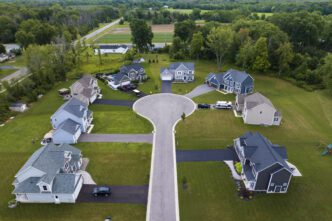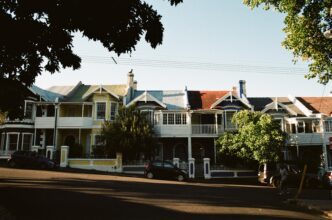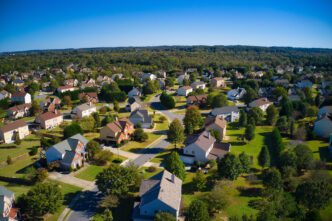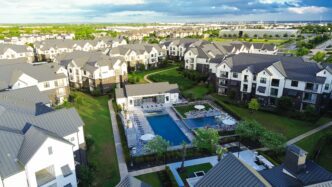The recent enactment of Florida’s condo safety law has stirred significant concern among residents and officials, leading to calls for legislative revision.
The implementation of a new condo safety law in Florida aimed at ensuring building security has resulted in unintended difficulties for condo owners and associations statewide. Although the bulk of affected properties are located in Palm Beach, Broward, and Miami-Dade counties, reports indicate that condo associations from the Keys to Tallahassee are grappling with the repercussions of this legislation.
Governor Ron DeSantis has expressed substantial concern over the fallout from the law, urging the Legislature to address the issues it has caused. These legislative revisions are deemed necessary to alleviate the pressures that have emerged since the law’s execution.
Experts are warning that mobile home parks, often a refuge for those struggling with the high cost of living, including immigrants and low-income families, are increasingly being targeted by investment firms. These firms are perceived to take advantage of vulnerable populations, exacerbating the housing crisis in certain areas.
Meanwhile, advancements in real estate technology are taking shape, with Florida’s Realty Dynamics developing an AI-powered data platform. This innovation aggregates data from various sources to assist the real estate community in identifying potential development sites across the state.
Further complicating the real estate landscape, Florida residents impacted by recent hurricanes are opting to sell their homes. Many homeowners are choosing to relocate from flood-prone zones or leave the state entirely, following traumatic experiences during the hurricane season.
The market is also seeing an increase in homes being sold ‘as-is’ across Tampa Bay, with distressed homeowners seeking cash offers without contingencies. This has led to properties being listed at prices significantly lower than their original purchase values, reflecting a pressing need to recover financially from storm damage.
Real estate trends in the Treasure Coast signal a seller’s market, despite a slight decline in home sales in St. Lucie County. The median sale price in Martin County has risen, and buyers are experiencing longer waiting times to finalize purchases.
In the luxury home segment, significant transactions are occurring as long-haul trucking and entertainment executives invest in high-end properties from Miami to Palm Beach Gardens. These purchases involve multi-million dollar deals, underscoring the ongoing demand for luxury real estate in South Florida.
Amid these developments, the decision by Orlando’s government to forgo tax breaks for affordable housing projects marks a significant policy shift. This move by Central Florida’s largest government entity reflects the complexities facing affordable housing initiatives under Florida’s laws.
Simultaneously, Miami residents face a crucial vote on transforming Watson Island into a premier bayfront destination. The proposed $2 billion project could redefine the area with luxury condos, hotels, and public parks, pending local voter approval.
The ongoing challenges in Florida’s real estate market, from the ramifications of new legislation to the effects of natural disasters, underscore the need for adaptive strategies and policy adjustments. As residents and officials navigate these issues, the state’s real estate landscape continues to evolve in response to both local and external pressures.








